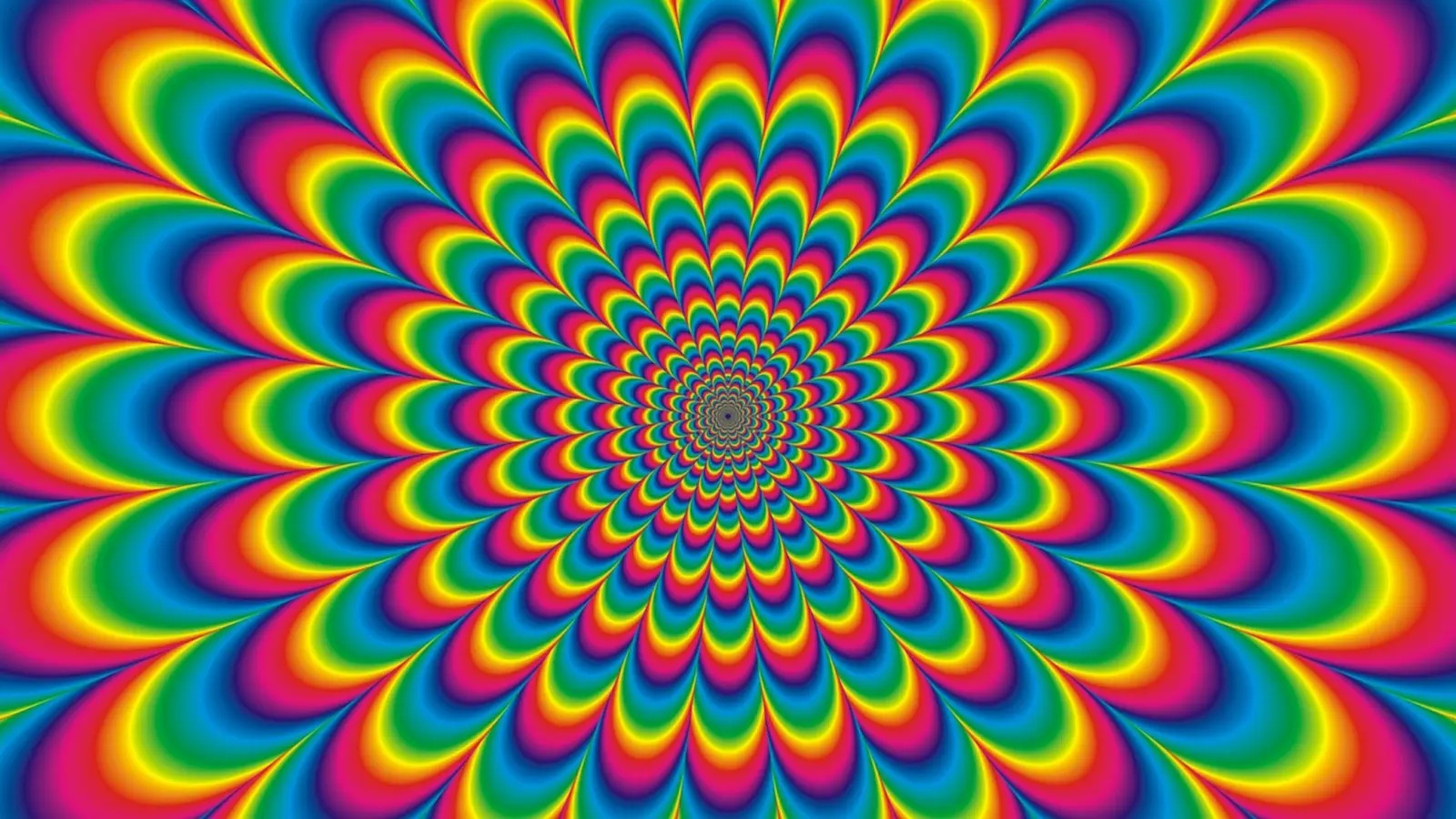The impact of recreational and psychedelic drugs to treat various mental health conditions has been discussed in the medical community for several years now, but international drug legislation has so far hampered attempts to make therapeutic use more widely available. This month, Canada has become one of the first countries making steps towards changing that, with a Special Access Program that allows physicians to request restricted psychedelic drugs for their patients.
This allows Canadian doctors to streamline access to consciousness-altering substances, such as ketamine, LSD or MDMA, to be ingested in a clinical setting as part of a wider treatment alongside more traditional psychotherapy. So far, Health Canada (the Canadian national health service) have said that requests by doctors will be considered on a case by case basis, with “serious or life-threatening conditions” being a prerequisite for approval. Essentially, it will be a last resort for patients where other conventional treatments have failed, are unsuitable for them, or are unavailable in Canada.
The change is being heralded as “revolutionary” by advocates. One Canadian psychologist told Canada’s National Observer that the news was in fact, “the greatest leap forward in mental-health care since the invention of psychotherapy.” Because of its designated emergency status, the Special Access Program is also designed to be waitlist free, with all applications processed within two days of submission by a doctor, which is especially positive for patients dealing with terminal illness, who don’t have the time to wait through the current lengthy bureaucratic process of applying for medical exemptions (the new amendment is a reversal of a previous 2013 policy from Health Canada that required a letter of authorisation in order to obtain controlled substances for therapeutic means).
However, though this change is a revolutionary step forward in improving access to these drugs when treating mental health issues like severe depression, the fact that it’s the first of its kind leads some to believe that most applications, apart from the most severe cases, will be rejected.
The positive impact of restricted substances in a controlled environment has been shown in various studies to reduce suicidality amongst marginalised groups of women, alleviate opioid dependency, and even help alcohol addiction – as discussed in a piece we published just last week. According to a study conducted at the Leiden University in The Netherlands, microdosing psychedelics can also help improve creative thinking by assisting ‘out-of-the-box alternative solutions to a problem’ as well as ‘an improvement in convergent thinking’. And further studies at the NIH have investigated the link between microdosing both psychedelic and non-psychedelic drugs can help treat PTSD and severe depression.
Dr Michael Verbora, who works at the psychedelic assisted therapy centre Field Trip Health in Toronto, filed his first patient application this week. “We still have a huge amount of work to do because these medicines could really, really revolutionise the entire mental health-care field,” he told the National Observer. “I don’t want to get too far ahead of where the science is … but I do really, really believe that if people have a process to start their own healing, it can lead to a much better world for most people.”


